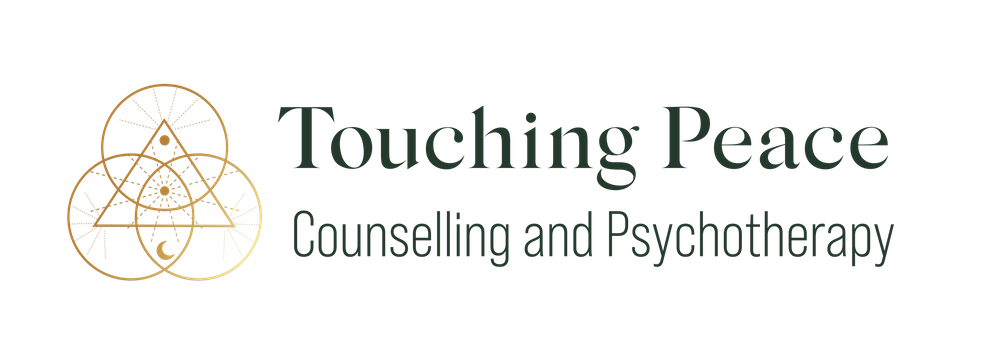8 gentle tips for exhausted women
I once went to a yoga workshop where everyone just lay down in the dark under blankets while the teacher played music. That was it—no poses, no talking, just rest. And the place was packed. Sold out. It hit me then: a whole room full of women had paid money just to be given permission to stop.
Lately, I’ve noticed a theme. When I ask women how they’re doing, the answer is almost always, “I’m good. Tired, but good.”
We are all so tired.
It might be a cold that just won’t quit, a toddler who won’t sleep, work stress, an aging parent, rising house prices—or that background buzz of anxiety about, well, everything (hello, Donald).
And if you’re in your 40s or 50s, you might also be riding the unpredictable rollercoaster of perimenopause or menopause. Hormone fluctuations alone can feel like you’re trying to run a marathon through wet cement.
When you’re this worn down, even the idea of making small changes can feel too hard. So here are eight gentle, realistic ways to look after yourself when you're running on fumes.
1. Prioritise Rest (Yes, Even Before the Dishes)
We all know rest is important—but many of us don’t actually do it.
If you’re waking up tired, dragging yourself through the day, or living in a constant brain fog, your body is waving a big red flag.
Try picking one night a week where you go to bed super early. Like 8pm early. If you’re really depleted, make it a few nights in a row.
It’s not lazy. It’s necessary.
2. Delay Your Coffee
I know. Don’t shoot the messenger.
But having caffeine the minute you wake up can throw off your natural energy rhythm by messing with your cortisol levels.
Try waiting 2–3 hours before your first coffee. Let your body do its thing naturally in the morning. In the meantime, sip on water or herbal tea.
The first few days might feel a little rough, but your energy—and mood—might surprise you.
3. Hydrate, Hydrate, Hydrate
Dehydration is one of the sneakiest causes of fatigue. And no, coffee doesn’t count (sorry again).
Try sipping water throughout the day. Keep a bottle nearby.
Sometimes, a big glass of water really can feel like a mini nap in a glass.
4. Find Micro-Moments of Rest
You might not get a full nap, but you can sneak in small pauses.
Waiting at the traffic lights? Take a deep breath.
Standing in a queue? Drop your shoulders.
Before your next task? Sit with your eyes closed for two minutes.
These tiny pockets of stillness really do add up. And your nervous system will thank you.
5. Work With Your Body’s Rhythm
Most women notice a natural rise in energy during the first part of their menstrual cycle. That’s when estrogen climbs, bringing a boost in mood, energy, and motivation—peaking around day 14 when you might feel extra social or productive.
Then things shift. Estrogen drops and progesterone rises, often bringing more tiredness and a desire to retreat.
We can’t plan everything around this, but where possible, schedule social events or big tasks in the first half of your cycle, and allow for some quieter evenings in the second half.
Think of it as syncing with your internal tide rather than swimming against it.
6. Boundaries
Are you constantly saying yes when every part of you wants to say no?
If you're running on empty and still stretching yourself thin, it might be time to look at your boundaries.
Ask yourself:
What would it mean to say no?
How would I feel disappointing someone?
What did I learn growing up about saying yes or no?
Getting clear on your boundaries isn’t selfish—it’s a kindness to your future self.
7. Rule Out Physical Causes
If you’ve tried everything on this list and you’re still dragging yourself through the day, book a check-up.
Fatigue can be linked to low iron, vitamin B12 or D deficiencies, or even chronic inflammation.
A simple blood test might give you some answers—and a way forward.
8. Get Curious
If you keep over-scheduling yourself, even when you're bone tired, it might be worth getting curious about what’s underneath that.
Maybe you find your self-worth in being the helper.
Maybe being constantly busy keeps you from being alone with your thoughts.
Maybe something big happened, and you haven’t stopped since—afraid of what you’ll feel if you finally slow down.
These patterns are often unconscious. Working with a counsellor or therapist can help shine a light on what’s really going on beneath the busyness. It’s tender work—but also incredibly freeing.
Just One Step at a Time
If you’re feeling stretched thin, you’re not alone.
These tips aren’t about overhauling your life. They’re about small, kind steps back to yourself. Pick one. Try it this week. Let it be enough.
You deserve rest—not because you’ve earned it, but because you’re human. And tired is not your natural state.
Thinking about therapy?
I’m an Integrative Psychotherapist and Counsellor based in Fremantle, offering both in-person and online sessions. I'm deeply passionate about supporting women from all walks of life through life’s challenges and transitions.
If you’re curious about how therapy might help, I offer a free 15-minute phone conversation—no pressure, just a chance to connect.
